EDITORIAL
Published on 25 Feb 2021
Editorial: Advances in the Immunology of Host Defense Peptide: Mechanisms and Applications of Antimicrobial Functions and Beyond
doi 10.3389/fimmu.2021.637641
- 1,706 views
- 5 citations
64k
Total downloads
267k
Total views and downloads
EDITORIAL
Published on 25 Feb 2021
ORIGINAL RESEARCH
Published on 13 Oct 2020
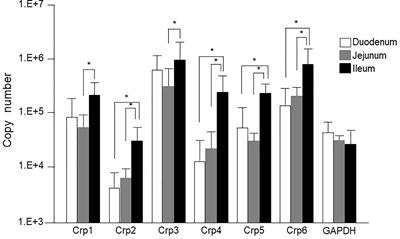
ORIGINAL RESEARCH
Published on 29 Sep 2020
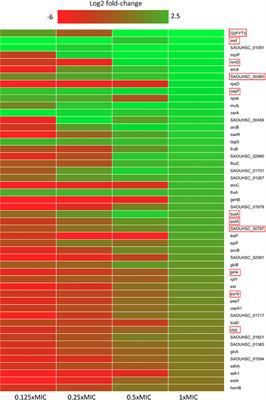
REVIEW
Published on 17 Sep 2020
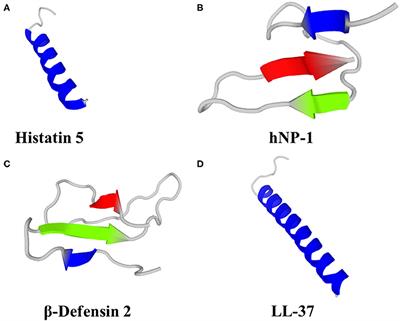
ORIGINAL RESEARCH
Published on 03 Sep 2020
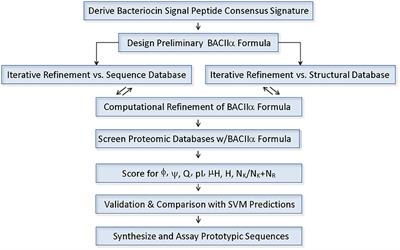
MINI REVIEW
Published on 02 Sep 2020
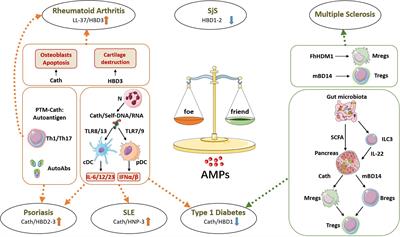
REVIEW
Published on 27 Aug 2020
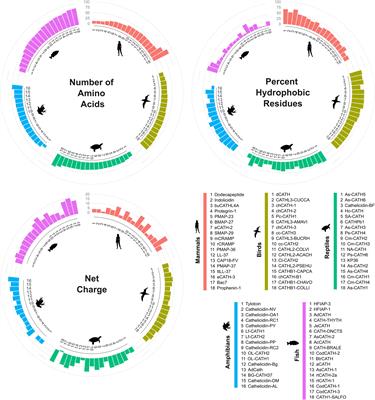
PERSPECTIVE
Published on 21 Aug 2020
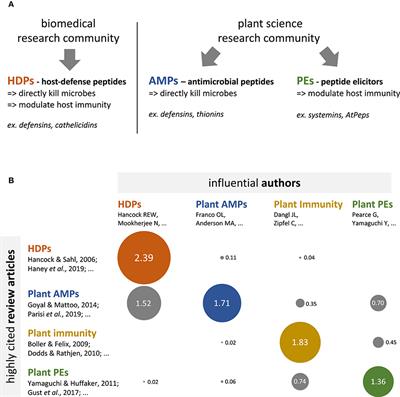
ORIGINAL RESEARCH
Published on 20 Aug 2020

ORIGINAL RESEARCH
Published on 13 Aug 2020
![Cyclic Peptide [R4W4] in Improving the Ability of First-Line Antibiotics to Inhibit Mycobacterium tuberculosis Inside in vitro Human Granulomas](https://www.frontiersin.org/files/myhome article library/535566/535566_Thumb_400.jpg)
ORIGINAL RESEARCH
Published on 13 Aug 2020
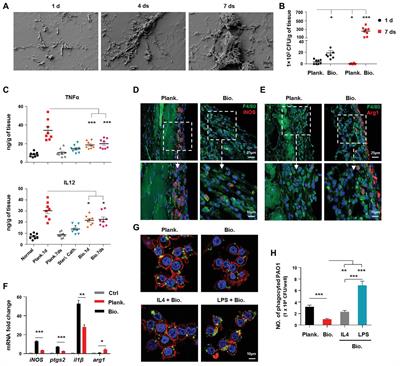
REVIEW
Published on 31 Jul 2020

